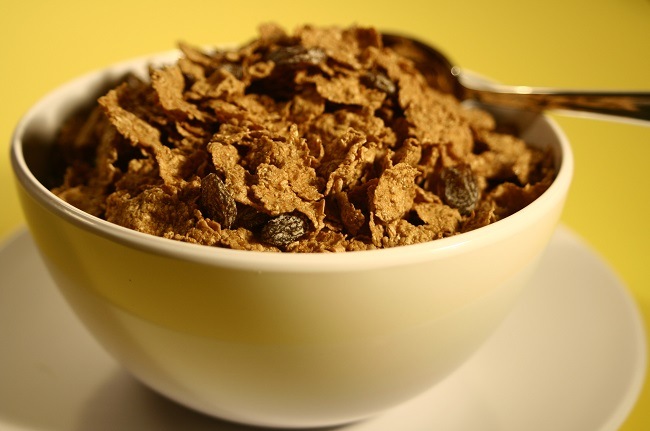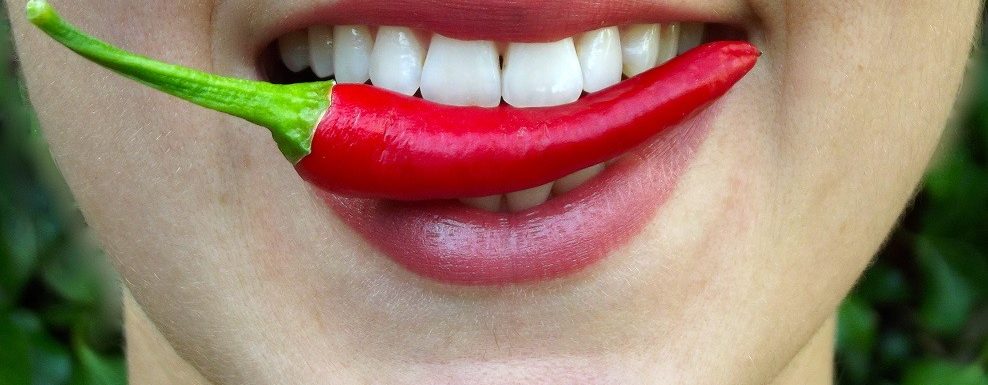In many ways, a vegan diet is a great choice for the health of your body and the planet. It can lower your risk of oral cancer, and a plant-based diet is has a pH balance that is better for teeth.
But there are several risks to your oral health, too. A vegan diet can lack vitamin D, calcium, lack vitamin B2 (riboflavin) and vitamin B12, which can make teeth soften over time and lead to periodontal disease.
Luckily, a good diet can prevent most of these problems. Here are five ways you can keep your teeth healthy on a vegan diet.
Get plenty of sunlight
As we all well know now, vitamin D can produced by the body when we enjoy some sunshine on our skin. Vitamin D is a key mineral for keeping teeth strong, so getting lots of good summer sunshine (but not so much that you burn) can be a great way to keep your teeth healthy.
Choose fortified cereals, dairy alternatives and fat spreads
 Dairy alternatives often include calcium and vitamin D, and fortified breakfast cereals are sprayed with a vitamin mix that includes those necessary for good oral health. Check the labels and choose which fortified foods have the most or best combinations of vitamins and minerals.
Dairy alternatives often include calcium and vitamin D, and fortified breakfast cereals are sprayed with a vitamin mix that includes those necessary for good oral health. Check the labels and choose which fortified foods have the most or best combinations of vitamins and minerals.
Take your multivitamins
Multivitamins might not be the first thing to come to mind when you think about oral health, but as we’ve discussed, vitamin deficiency can seriously impact your tooth strength and gum health. Take a multivitamin every day to ensure that your nutritional needs are closer to being met, even if you have the odd unhealthy day.
Eat dried fruit with a meal, not as a snack
Dried fruit is a great source of calcium but is very high in sugar. If you eat a portion of dried fruit along with a meal, rather than as a snack, you will lower the impact of all that sugar on your teeth. Essentially, the rest of the meal, your saliva will wash away much of the sugar. Moreover, eating sugar less frequently means your teeth are attacked by sugar-loving bacteria less often, keeping them stronger.
Get advice from your GP or nutritionist
As a vegan, you have to be sure that you’re not only eating a wide variety of fruits, vegetables and grains, but that you’re also eating the right combination of them to get the best nutritional outcome. So be sure to ask your GP, dietician or nutritionist about eating for oral health specifically when you discuss your all-round nutritional needs.
In the end, if you take care with your diet, you’ll get all the vitamins and minerals your body needs to keep your teeth and gums healthy and strong. Do this in conjunction with standard good oral healthcare, and you shouldn’t have any more oral problems than anyone else.

Leave a Reply